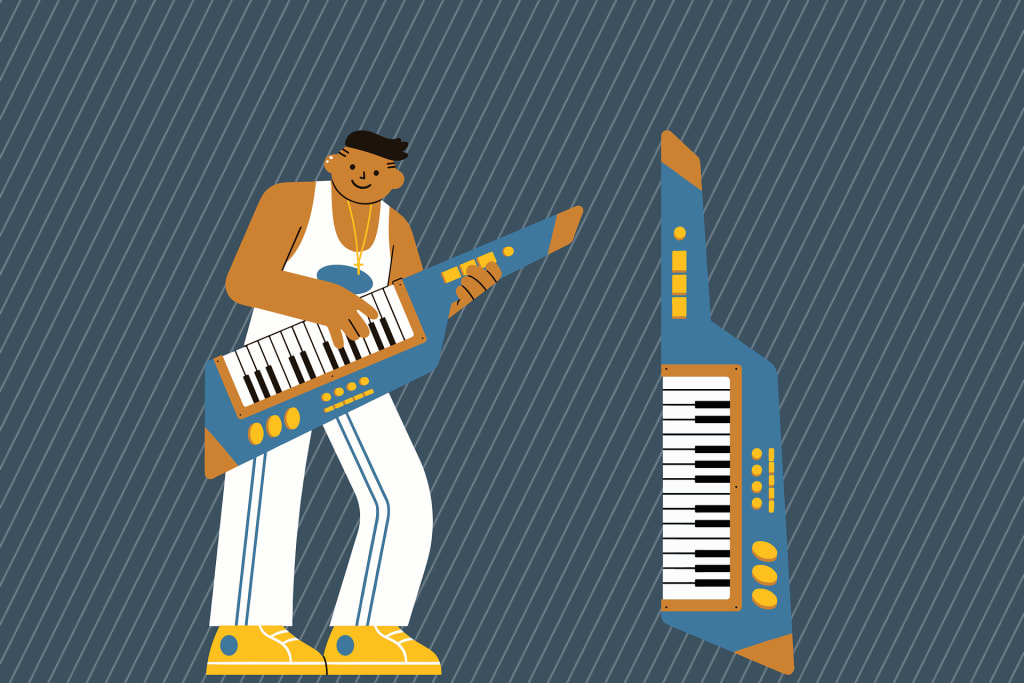
Sad songs have been a staple of music throughout history, and they continue to be popular among listeners of all ages. But why do people enjoy listening to sad music? The psychology of sad songs is a complex topic, and researchers have proposed several theories to explain why people find them appealing.
One theory is that listening to sad music can serve as a form of emotional catharsis. When people are going through difficult times, they may find solace in listening to sad music that reflects their own feelings. This can help them to process and express their emotions in a healthy way. Additionally, listening to sad songs can also serve as a reminder that one is not alone in their struggles and that other people have gone through similar experiences.
Another theory is that sad music can evoke feelings of nostalgia. People often associate sad songs with past experiences or memories, and listening to them can evoke feelings of longing or nostalgia for a time or place that is no longer accessible. This can be comforting, as it allows people to reconnect with those memories and to feel a sense of connection to the past.
A third theory is that listening to sad music can serve as a form of self-expression. People may use sad music to reflect their own emotions, and to communicate their feelings to others. This can be particularly true for people who find it difficult to express their emotions verbally. Sad music can serve as a way for them to express their feelings without having to use words.
Sad music can also be a source of comfort, it provides a sense of familiarity and understanding, it can also serve as a reminder that one is not alone in their struggles.
Another theory is that listening to sad music can be a form of self-regulation, it can help people to manage their emotions. People may listen to sad music when they are feeling down or anxious, as a way to cope with their emotions. This can be particularly true for people who have difficulty regulating their emotions, as listening to sad music can provide a sense of emotional stability.
In addition, research has also suggested that listening to sad music can have positive effects on our mood. Some studies have found that listening to sad music can increase feelings of empathy, and that it can promote feelings of well-being. Furthermore, it can also have a relaxing effect on the body and can help to reduce feelings of stress and anxiety.
It's worth noting that not all sad music has the same effect on everyone, some people might find comfort in sad songs while others might find them depressing. In the same way, some people might find a certain song depressing while others might find it uplifting. The way a person perceives and reacts to sad music depends on many factors, including their personal experiences, emotions, and mood.
In conclusion, the psychology of sad songs is a complex topic, and researchers have proposed several theories to explain why people find them appealing. From emotional catharsis to nostalgia, self-expression, self-regulation, and even positive effects on mood, sad songs can have a wide range of effects on people. It's important to remember that not all sad music has the same effect on everyone, and it's important to be mindful of how one's personal experiences, emotions, and mood may affect one's reaction to sad music.
Additionally, it is important to note that listening to sad music too much or too often can have negative effects on one's mental and emotional health. It can contribute to feelings of depression or hopelessness, and it can make it harder to cope with difficult emotions. It is important to balance listening to sad music with other activities that promote well-being, such as exercise, spending time with loved ones, and engaging in hobbies or interests.
In addition, It is also important to be mindful of the lyrics and the message that the sad song conveys, some sad songs might have lyrics that are triggering or might be promoting unhealthy thoughts or behaviours.
Overall, the psychology of sad songs is a complex topic, and it is clear that there is no one-size-fits-all explanation for why people enjoy listening to sad music. However, it is clear that sad songs can serve many different functions, such as emotional catharsis, nostalgia, self-expression, self-regulation, and even positive effects on mood. It is important to be aware of how one's personal experiences, emotions, and mood may affect one's reaction to sad music and to use it in moderation and with caution.
About the Creator
Lux Gems
Gemologist Unveiling Earth's Jewels Explore the world of gems with me! I'm passionate about uncovering the secrets and stories behind these precious treasures.From their origins to their allure,let's dive into the sparkling world of gemolo.






Comments
There are no comments for this story
Be the first to respond and start the conversation.